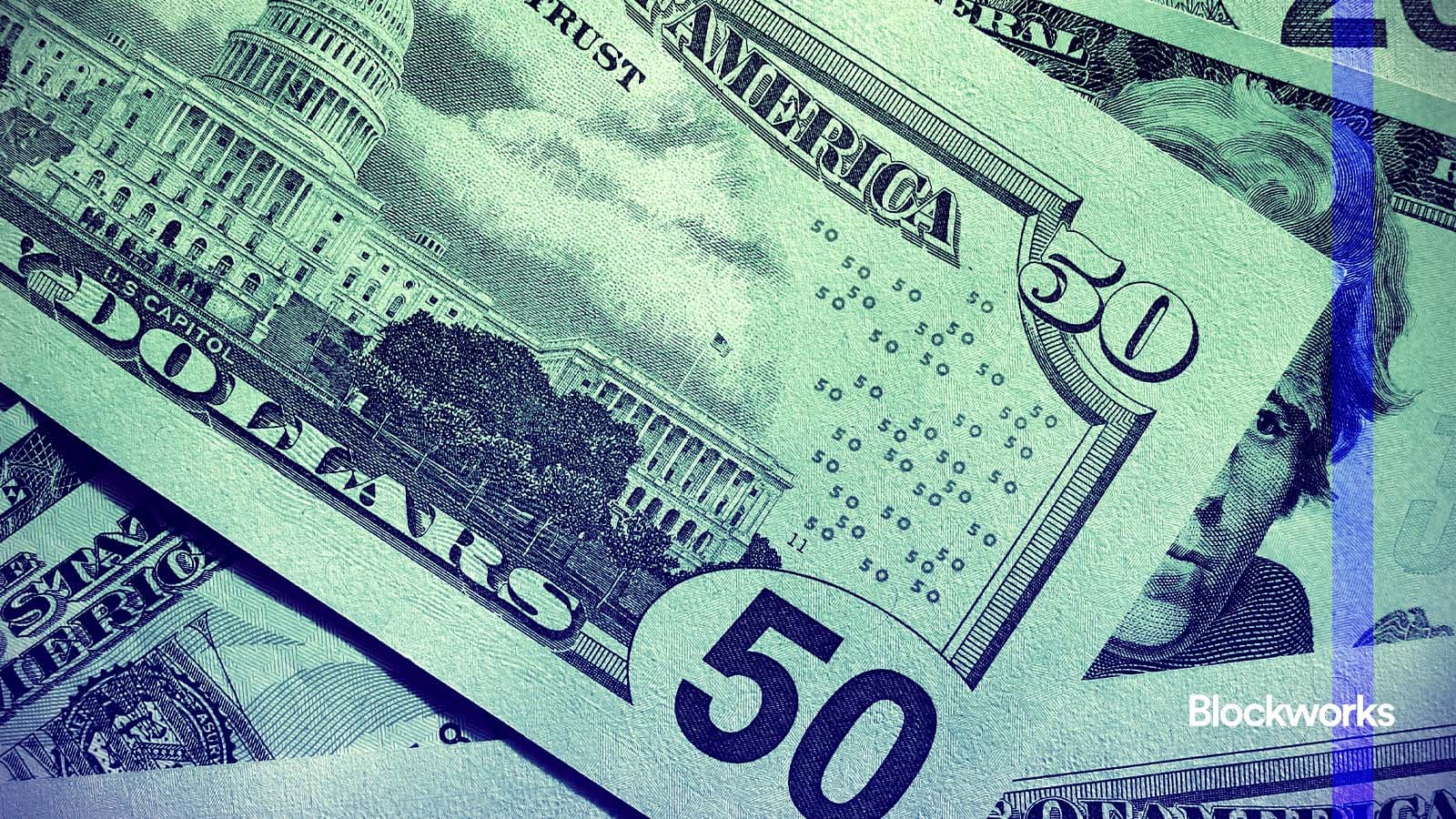The Australian Securities and Investments Commission (ASIC) launched legal action against Binance Australia Derivatives, the local branch of prominent cryptocurrency exchange Binance. ASIC alleges that from July 2022 until April 2023, Binance improperly designated 505 retail customers as wholesale investors, thereby denying them important customer safeguards mandated under Australian financial services law.
According to a statement issued on December 18th, as many as 83 percent of Binance Australia Derivatives’ clientele were impacted by the situation. In reaction to the regulator’s choice to pursue legal action against the cryptocurrency exchange platform, ASIC Deputy Chair Sarah Court had this to say:
Our investigation alleges that Binance’s compliance systems were grossly deficient and exposed over 500 customers to high-risk, speculative products without establishing proper safeguards for consumers. Numerous accounts suffered substantial financial damages as a result. During 2023, we oversaw compensation remittances from Binance totaling approximately $13 million awarded to impacted clients.
Consumer Protections Bypassed
Retail clients in Australia are afforded specific protections, such as access to product disclosure statements, mechanisms for resolving disputes, and determinations tailored to the market. Binance reportedly avoided these duties by categorizing retail traders as wholesale investors. ASIC Deputy Chair Sarah Court stressed the significance of accurately classifying clients, stating, “Cryptocurrency derivative products carry inherent risks and complexities, therefore correctly distinguishing retail customers is crucial. Such designations ensure they receive the required consumer protections.”


License Cancellation and Compensation Efforts
ASIC’s targeted review unveiled concerning practices at Binance Australia, prompting the cancellation of their financial services license in April. Subsequently, Binance strived to remedy the situation by facilitating compensation to approximately 435 clients who endured misclassification, totalling around A$13.1 million. Despite these efforts to rectify transgressions and appease affected users, ASIC pursued legal retaliation, campaigning for penalties, formal rulings of accountability, and adverse publicity directives aimed at the exchange in an effort to discourage such behaviour in the future.
Broader Implications for the Crypto Industry
ASIC’s lawsuit against Binance Australia’s local branch stems from widespread noncompliance issues across the burgeoning cryptocurrency sector. In recent weeks, the regulatory body imposed an $8 million fine on Kraken’s Australian operator for unlawfully providing credit to over a thousand clients absent appropriate reviews. Such enforcement highlights ASIC’s dedication to reining in an innovative yet volatile industry.


Summing Up on ASIC
This action against Binance underscores the imperative of accurately classifying customers and abiding by financial regulations for cryptocurrency exchanges. As digital asset markets exponentially expand, watchdogs globally are ratcheting up scrutiny to safeguard investors and uphold market integrity. The judgement in this case may establish an Australian legal precedent for industry norms, emphasizing ongoing compliance and transparency vital to navigating this fast-changing financial landscape.
Stay tuned to The BIT Journal and keep an eye on Crypto’s updates. Follow us on Twitter and LinkedIn, and join our Telegram channel to be instantly informed about breaking news!
FAQs
Why is ASIC suing Binance Australia?
For improperly classifying over five hundred everyday investors as sophisticated traders, denying them essential consumer protections.
What protections are retail investors entitled to?
Access to disclosure forms outlining risks, a system for resolving problems, and examinations determining what’s suitable considering individual circumstances.
What has ASIC done so far?
ASIC rescinded Binance Australia’s license and proceeded with legal proceedings while the exchange reimbursed impacted clients nearly thirteen million dollars.
How does this impact the crypto industry?
It highlights increasing regulatory oversight and sets an important standard for following guidelines in Australia’s developing digital asset market.












